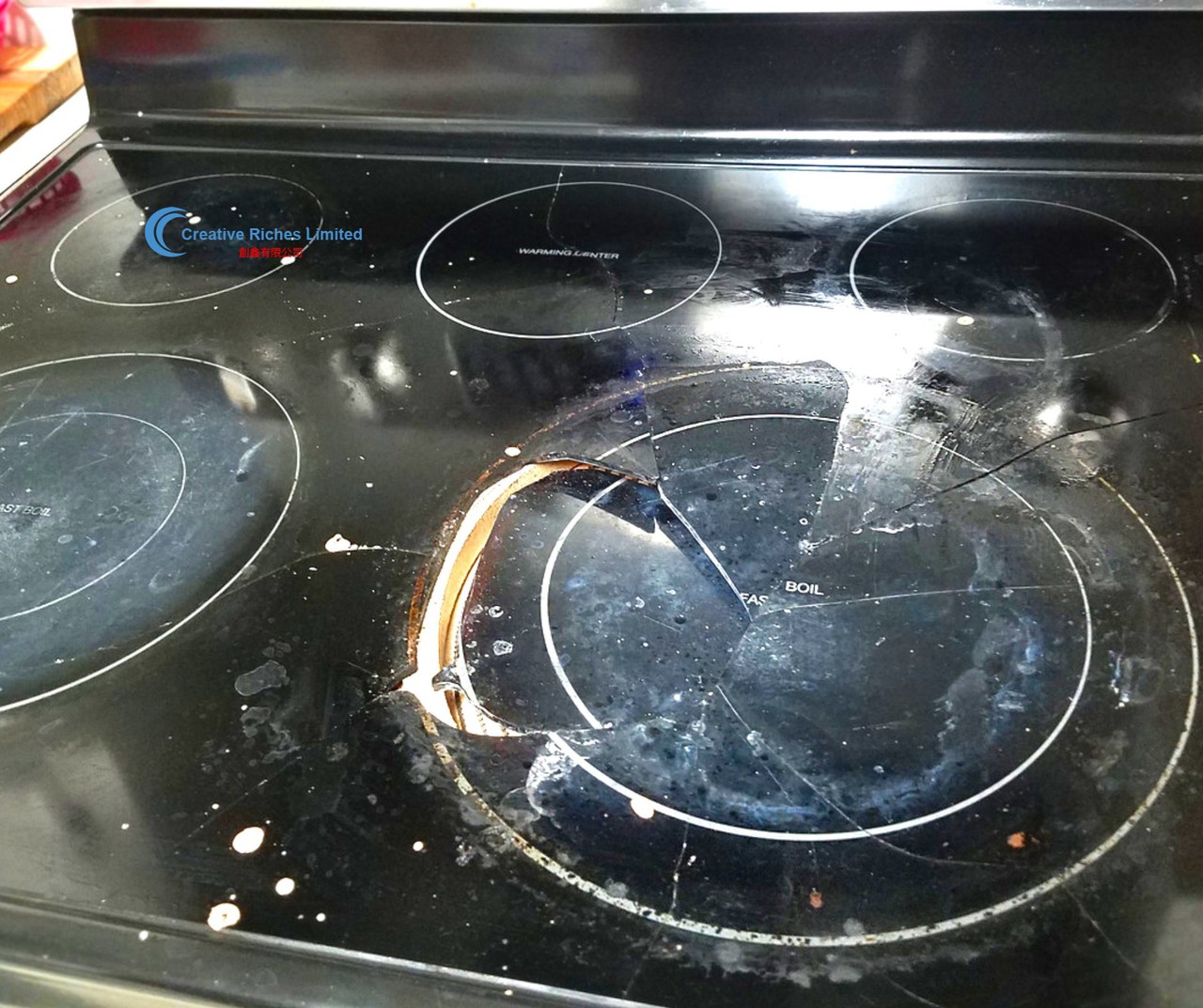

Articles
What Causes Glass Cooktop To Crack
Modified: February 24, 2024
Learn about the common causes of glass cooktops cracking and find helpful articles on how to prevent and address this issue for a safe and long-lasting cooking experience.
(Many of the links in this article redirect to a specific reviewed product. Your purchase of these products through affiliate links helps to generate commission for Storables.com, at no extra cost. Learn more)
Introduction
Glass cooktops have become a popular choice for many homeowners due to their sleek appearance and ease of cleaning. However, one common concern that arises with glass cooktops is the possibility of cracks developing. While a glass cooktop may seem sturdy, it is important to understand that it can be vulnerable to certain factors that can lead to cracks. In this article, we will explore the various causes of glass cooktop cracks and provide insights into how to avoid them.
Understanding the causes of glass cooktop cracks is crucial in order to prevent any unexpected damage and ensure the longevity of your appliance. By identifying and addressing the potential risk factors, you can maintain the functionality and aesthetic appeal of your glass cooktop for years to come.
Key Takeaways:
- Prevent glass cooktop cracks by avoiding sudden temperature changes, distributing weight evenly, and handling cookware with care. Follow manufacturer guidelines for installation, use, and maintenance to ensure longevity and safety.
- Be proactive in preventing glass cooktop cracks by minimizing thermal stress, impact damage, and excessive weight. Regularly inspect for wear and promptly address any concerns. Consult the manufacturer’s instructions for specific care guidelines.
Read more: What Causes Cracks In Driveway
Thermal Stress
Thermal stress is one of the primary causes of cracks in glass cooktops. Glass has a relatively low resistance to sudden and extreme temperature changes. When a glass cooktop is exposed to rapid temperature fluctuations, such as placing a hot pan directly on a cold surface or pouring cold water on a hot cooktop, the glass can expand or contract abruptly. This uneven expansion and contraction can create stress within the glass, leading to cracks.
To minimize the risk of thermal stress, it is important to follow a few guidelines. First, always allow the glass cooktop to cool down before cleaning it with cold water. Similarly, avoid placing extremely hot items directly onto a cold cooktop. Using a trivet or a heat-resistant pad can help create a barrier between the hot pan and the cooktop, reducing the chances of thermal stress-induced cracks.
Furthermore, when using the cooktop, it is advisable to start with a low heat setting and gradually increase the temperature to minimize sudden temperature changes. Avoid using high heat settings unnecessarily, as it can increase the chances of thermal stress and potential cracks.
Impact Damage
Another common cause of glass cooktop cracks is impact damage. Glass is fragile and can be easily damaged if it is struck with a heavy or sharp object. Accidentally dropping a heavy pot or pan onto the cooktop or hitting it with a hard object can result in cracks or even shattering of the glass surface.
To prevent impact damage, it is essential to handle cookware carefully when placing it on or removing it from the cooktop. Avoid dragging or sliding heavy pots across the glass surface, as this can cause scratches and weaken the integrity of the glass. Instead, lift the cookware gently to minimize any potential impact.
In addition, it is advisable to use cookware with smooth and flat bottoms to ensure even distribution of weight and reduce the risk of impact damage. Cookware with rough or uneven surfaces can create pressure points on the glass, increasing the likelihood of cracks.
If an accidental impact does occur and you notice a crack on your glass cooktop, it is crucial to immediately discontinue using the cooktop and contact a professional for repair or replacement. Operating a cracked cooktop can pose safety hazards and further damage the appliance.
Manufacturing Defects
In some cases, cracks in glass cooktops may be a result of manufacturing defects. Despite rigorous quality control measures, occasional manufacturing defects can occur, leading to weak points or imperfections in the glass. These defects can cause the cooktop to be more prone to cracking under normal usage conditions.
If you suspect that your glass cooktop has a manufacturing defect, it is important to contact the manufacturer or a certified technician to assess the situation. They will be able to determine if the crack is indeed a result of a defect and provide appropriate solutions, such as repair or replacement under warranty.
While manufacturing defects are typically rare, it is crucial to keep an eye out for any signs of unusual stress points or weaknesses in the glass. Regular visual inspections and prompt reporting of any concerns to the manufacturer can help prevent potential accidents or further damage.
It is worth noting that if a manufacturing defect is identified, it is important to deal with it promptly, as continued use of a defective cooktop can lead to more significant cracks or even glass failure.
Uneven Weight Distribution
Uneven weight distribution is another factor that can contribute to cracks in glass cooktops. Placing excessive weight on one particular area of the cooktop can create stress and strain on the glass, leading to cracks over time.
To prevent uneven weight distribution, it is important to evenly distribute the weight of your cookware across the surface of the cooktop. Avoid placing heavy items in one concentrated area, especially near the edges or corners of the cooktop. Instead, distribute the weight by using multiple burners or utilizing the center of the cooktop for heavier items.
Furthermore, when using large or heavy cookware, ensure that the cookware is stable on the cooktop surface. Uneven or wobbly cookware can create additional stress on the glass, increasing the risk of cracks. Using cookware with flat and stable bottoms, as well as ensuring that the cookware is appropriately sized for the burner, can help minimize the risk of uneven weight distribution.
Lastly, if you frequently cook with oversized or heavy cookware that may put additional strain on the glass cooktop, it is worth considering investing in alternative types of cookware, such as cast-iron or stainless steel, which distribute weight more evenly and are less likely to cause stress points on the glass surface.
Avoid placing cold or wet items directly on a hot glass cooktop, as sudden temperature changes can cause it to crack. Always use cookware with a smooth, flat bottom to prevent scratching and uneven heating.
Read more: What Causes A Toilet Bowl To Crack
Excessive Weight or Pressure
Excessive weight or pressure on a glass cooktop can significantly increase the risk of cracks. Placing excessively heavy objects, such as large pots or cookware filled with a substantial amount of food, can exert excessive pressure on the glass surface, leading to cracks.
To prevent cracks due to excessive weight or pressure, it is important to be mindful of the maximum weight limits specified by the manufacturer for your glass cooktop. These weight limits are usually mentioned in the product manual or on the manufacturer’s website. Ensure that you do not exceed these weight limits when using your cooktop.
In addition, be cautious when using heavy or oversized cookware. Distribute the weight evenly by using multiple burners or placing the cookware in the center of the cooktop. Avoid dragging heavy cookware across the glass surface, as this can create additional stress and increase the chances of cracks.
Furthermore, when using pressure cookers or canning equipment, be aware of the potential impact of the high pressure inside these devices. Ensure that the pressure release valves are properly functioning and carefully follow the manufacturer’s instructions to avoid any excessive pressure exerted on the cooktop.
By being mindful of the weight and pressure exerted on your glass cooktop, you can reduce the risk of cracks and ensure the longevity of your appliance.
Sudden Temperature Changes
Sudden temperature changes can cause stress and cracks in glass cooktops. Glass has a relatively low thermal conductivity, which means it does not dissipate heat quickly. As a result, exposing a hot glass cooktop to a sudden cold temperature or vice versa can lead to thermal shock, causing the glass to expand or contract rapidly and potentially resulting in cracks.
To avoid sudden temperature changes, it is advisable to allow the glass cooktop to cool down gradually before exposing it to cold water or a cold surface. Similarly, when using the cooktop, avoid placing hot pots or pans directly on a cold countertop or surface, as the sudden temperature difference can transfer to the glass cooktop and increase the risk of cracks.
If you need to clean the glass cooktop, it is best to wait until it has completely cooled down before using cold water or cleaning solutions. Using room temperature or lukewarm water is safer for cleaning and reduces the chances of thermal shock.
It is important to note that certain cooking techniques, such as canning or deep-frying, can generate high heat and increase the risk of sudden temperature changes. When engaging in these activities, it is crucial to take extra precautions and monitor the temperature of the cooktop. Gradually adjust the heat settings and avoid extreme temperature fluctuations to minimize the risk of thermal shock and potential cracks.
By being mindful of sudden temperature changes and taking appropriate precautions, you can minimize the risk of cracks in your glass cooktop and ensure its longevity.
Improper Installation or Use
Improper installation or use of a glass cooktop can also contribute to the development of cracks. It is essential to follow the manufacturer’s guidelines and ensure that the cooktop is installed correctly to prevent stress and damage to the glass.
During installation, it is important to ensure that the cooktop is properly aligned and securely attached to the countertop or cabinet. Any misalignment or instability can lead to stress on the glass, resulting in cracks over time. It is recommended to hire a professional or follow the manufacturer’s instructions for installation to ensure it is done correctly.
In addition, proper handling and use of the cooktop are essential in preventing cracks. Avoid using excessive force when adjusting the controls or sliding pots and pans on the surface. Rough handling or applying too much pressure can damage the glass and create stress points that can lead to cracks.
Furthermore, it is crucial to clean the cooktop using gentle and non-abrasive cleaning methods.Using abrasive sponges or harsh chemicals can scratch or weaken the glass surface. These scratches can act as stress points and increase the likelihood of cracks.
Always refer to the manufacturer’s instructions for cleaning and maintenance to ensure you are using the recommended methods and products. Following the proper cleaning procedures will help preserve the integrity of the glass cooktop and reduce the risk of cracks.
Regular inspections of the cooktop for any signs of wear, damage, or deterioration are also important. Address any issues promptly and seek professional assistance if needed to prevent further damage.
By installing the cooktop correctly, handling it with care, and following the manufacturer’s instructions for use and maintenance, you can minimize the risk of cracks and maximize the lifespan of your glass cooktop.
Conclusion
Glass cooktops are a stylish and convenient option for many households. However, they can be vulnerable to cracks if not properly maintained and used. By understanding the various causes of glass cooktop cracks, you can take proactive measures to prevent them and ensure the longevity of your appliance.
Thermal stress, impact damage, manufacturing defects, uneven weight distribution, excessive weight or pressure, sudden temperature changes, and improper installation or use are among the primary factors that can lead to cracks in glass cooktops.
To minimize the risk of cracks, it is crucial to handle the cooktop with care and follow a few guidelines. Avoid exposing the cooktop to rapid temperature changes, distribute weight evenly, and be mindful of the maximum weight limits specified by the manufacturer. Additionally, take precautions to prevent impact damage and seek professional assistance if you suspect a manufacturing defect.
Furthermore, follow proper installation procedures, clean the cooktop using gentle methods, and regularly inspect it for any signs of wear or damage. By implementing these preventive measures, you can greatly reduce the likelihood of cracks in your glass cooktop.
Remember to consult the manufacturer’s instructions for specific care and maintenance guidelines for your particular glass cooktop model, as different manufacturers may have their own recommendations.
By taking the necessary precautions and being attentive to the factors that can cause cracks, you can enjoy the sleek and stylish appearance of your glass cooktop while ensuring its durability and functionality for years to come.
Frequently Asked Questions about What Causes Glass Cooktop To Crack
Was this page helpful?
At Storables.com, we guarantee accurate and reliable information. Our content, validated by Expert Board Contributors, is crafted following stringent Editorial Policies. We're committed to providing you with well-researched, expert-backed insights for all your informational needs.
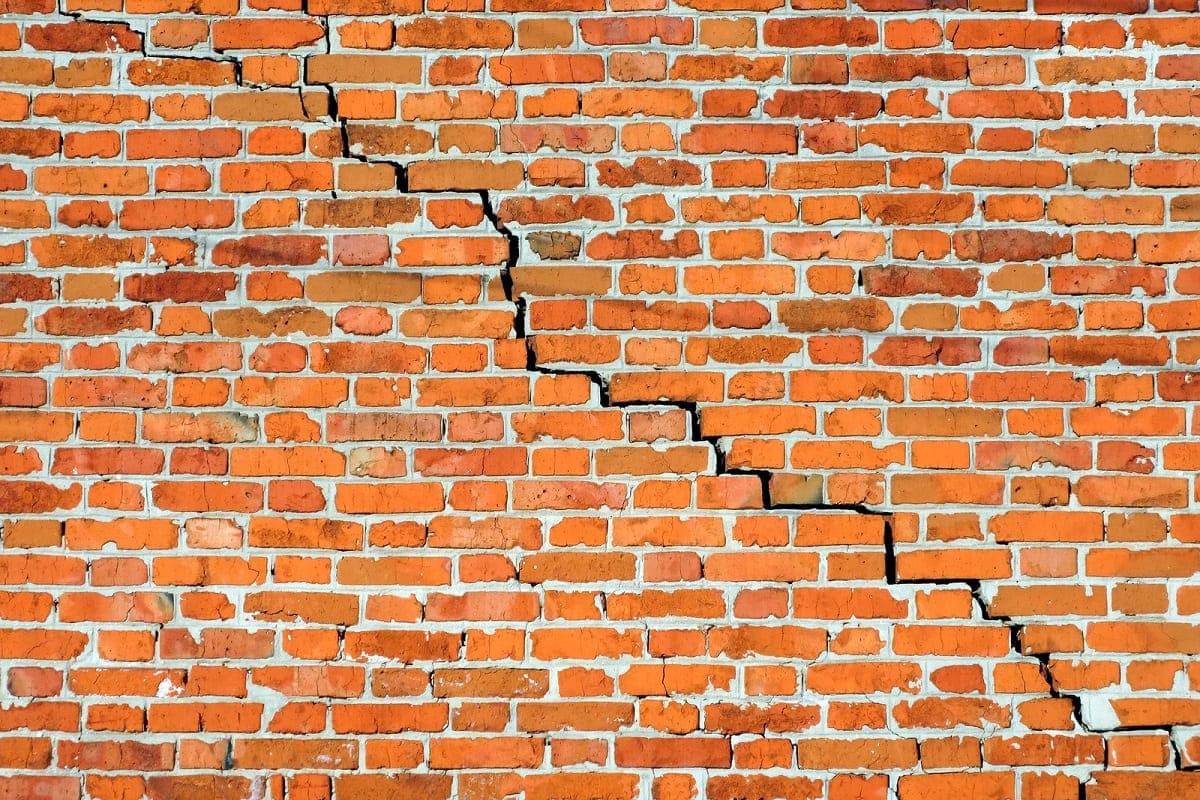

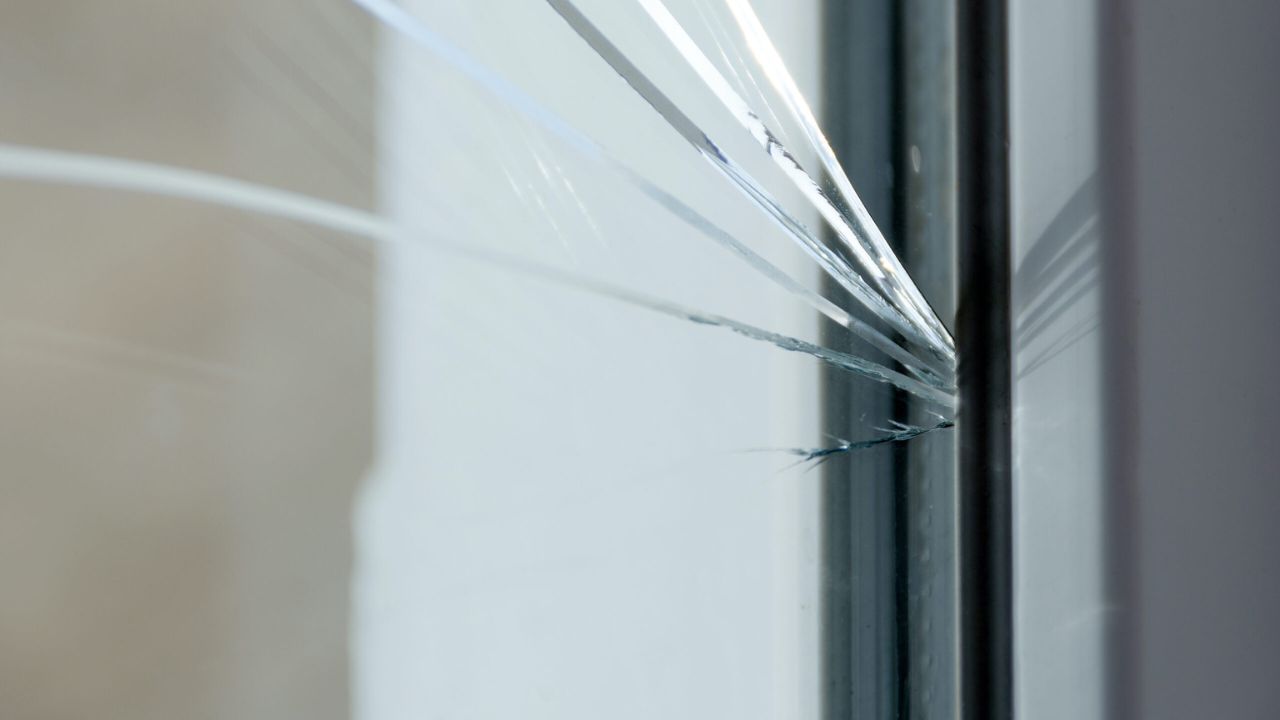
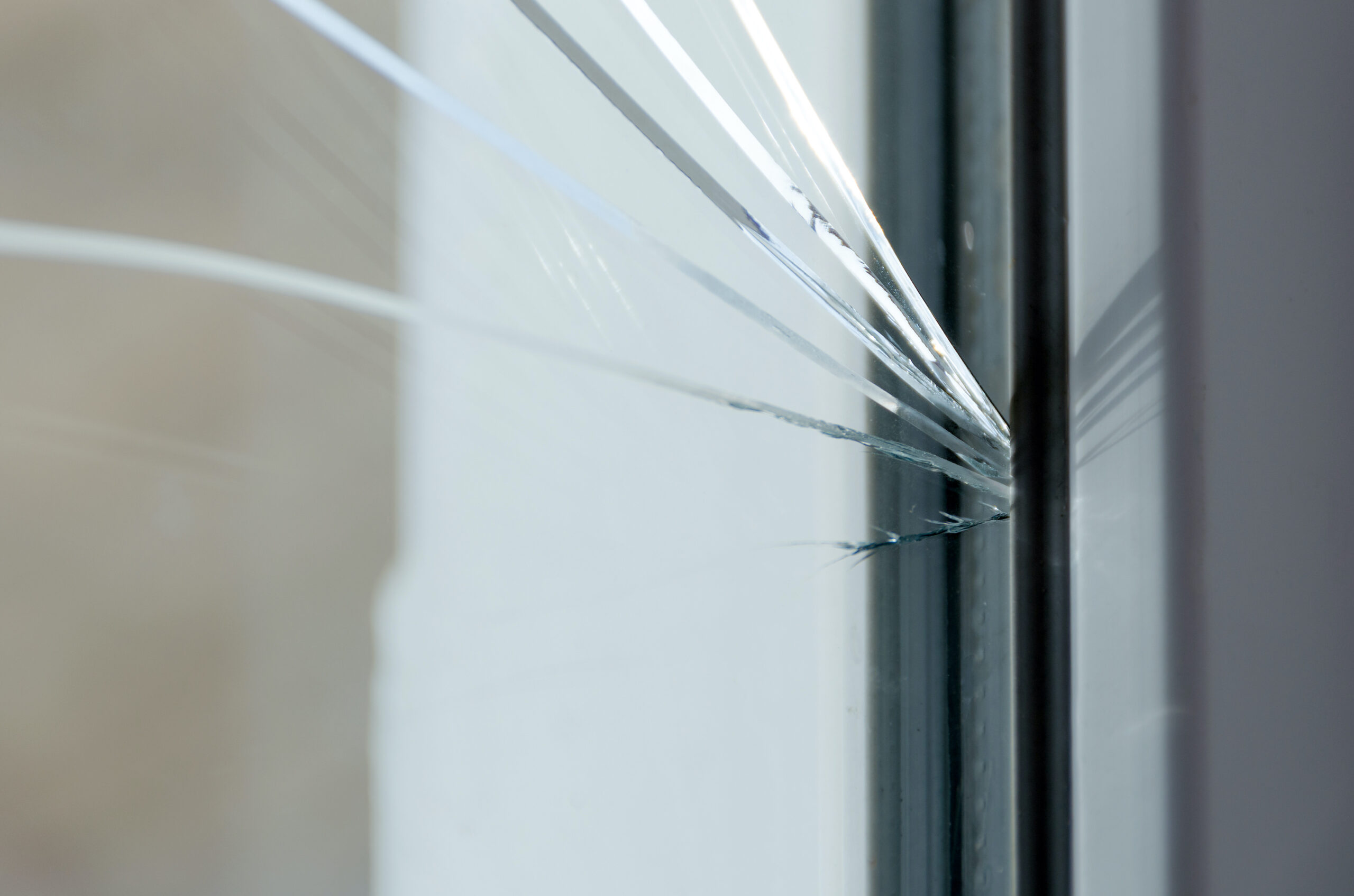
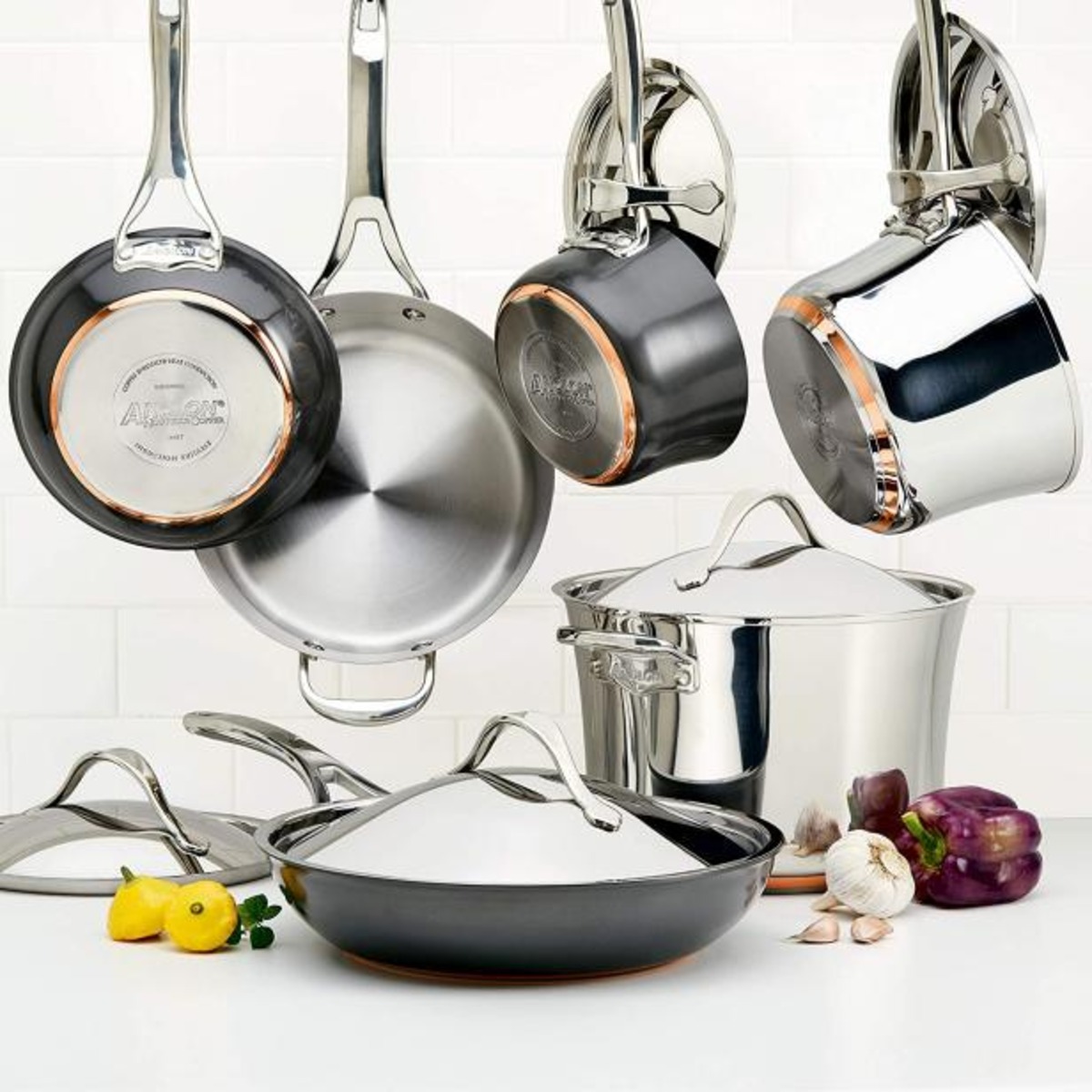
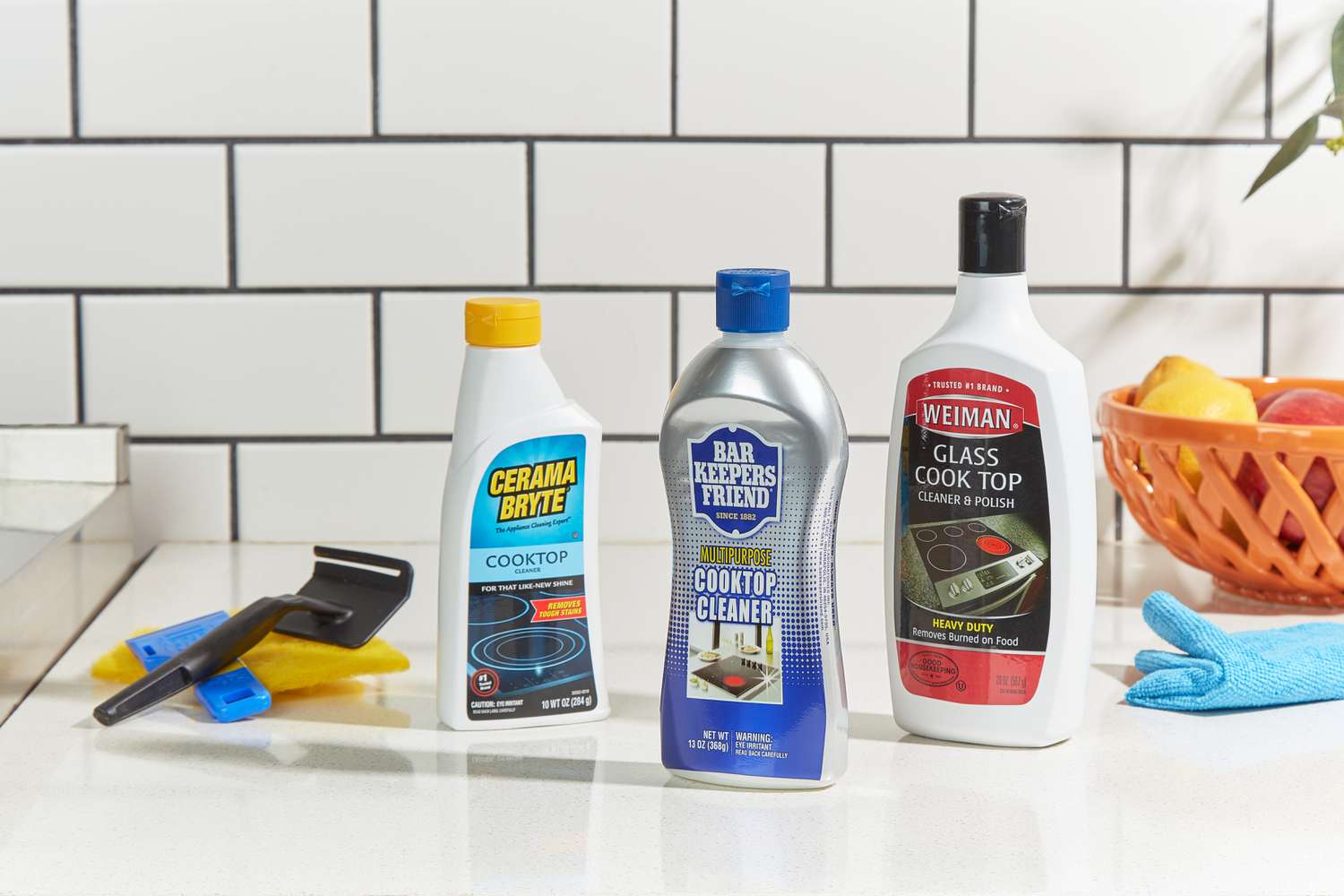

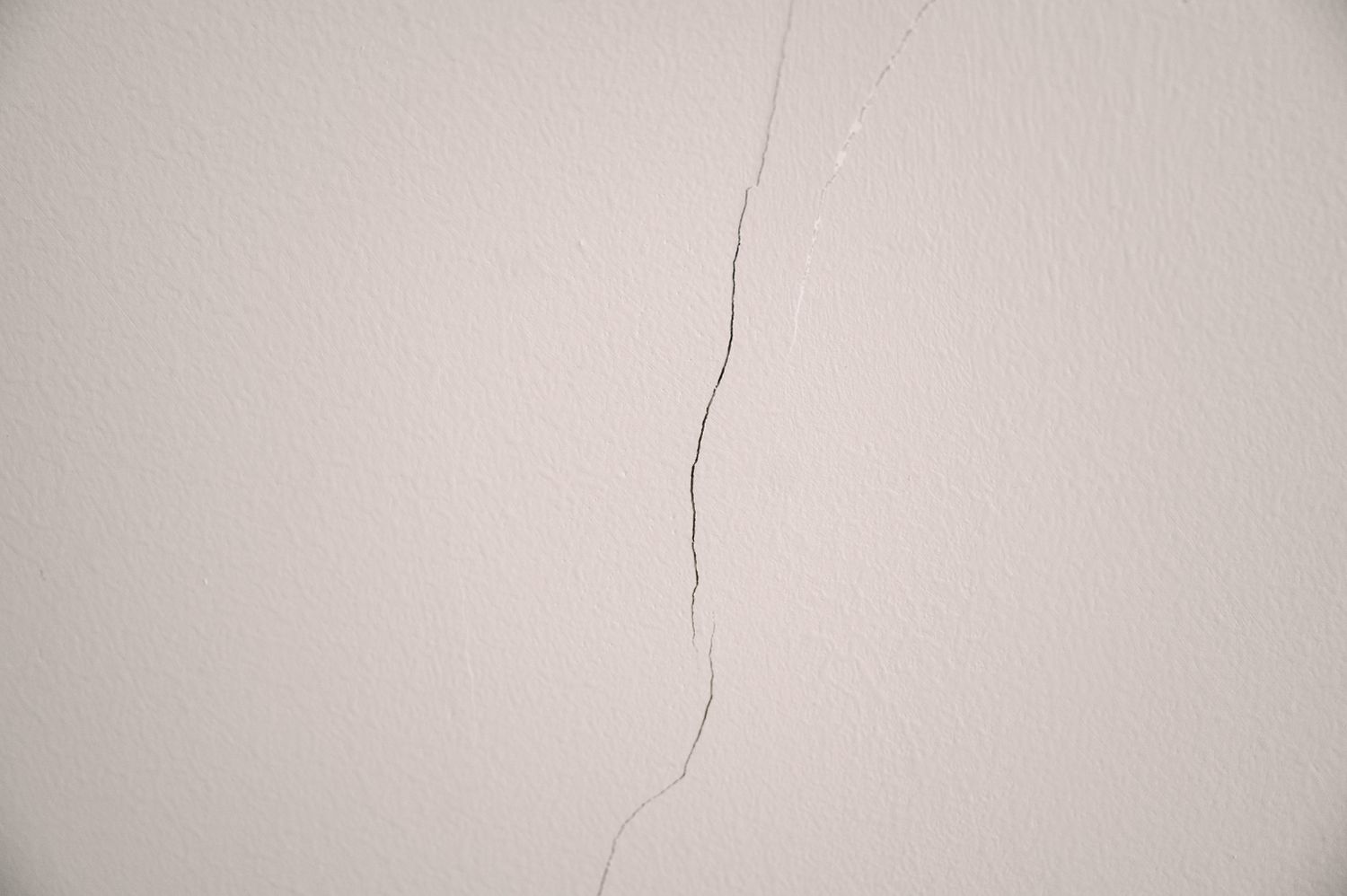
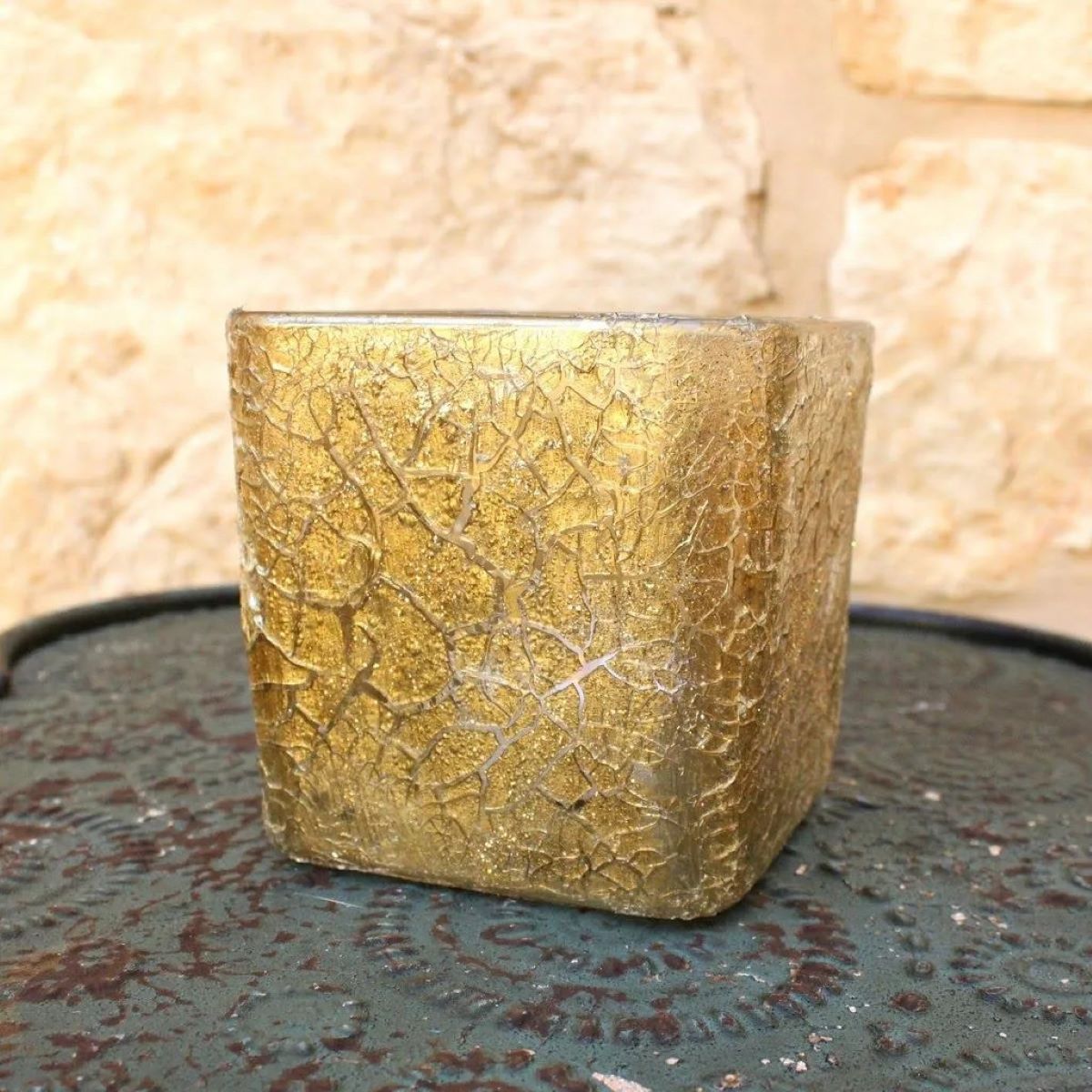
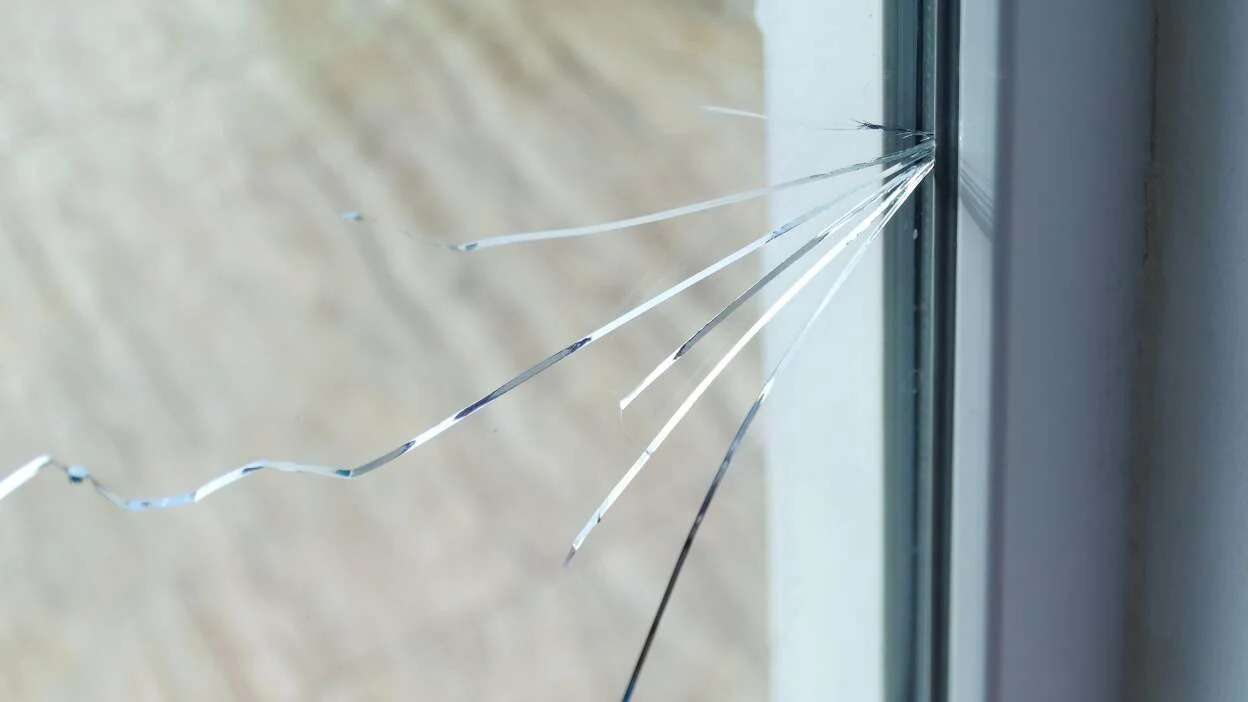
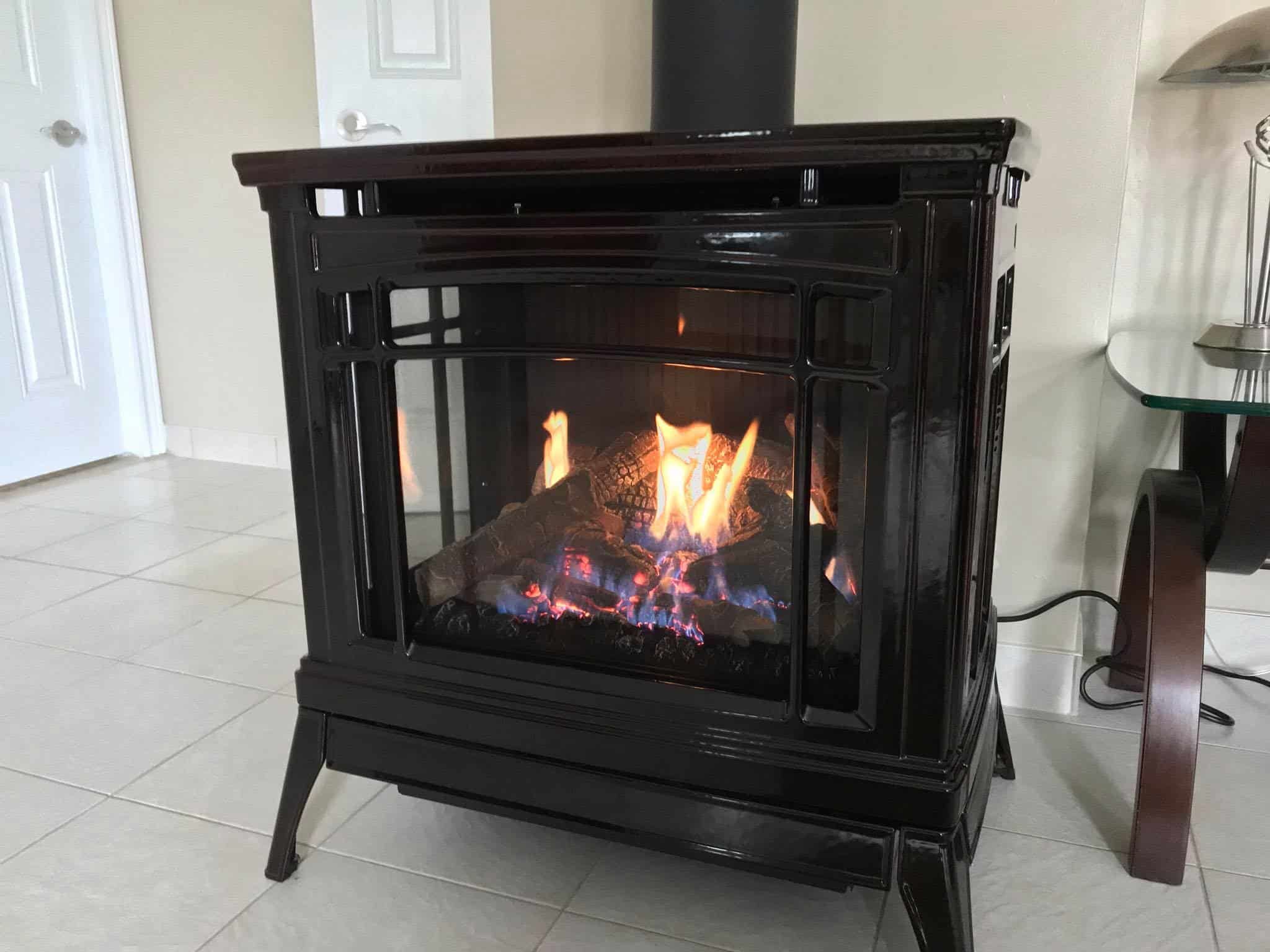
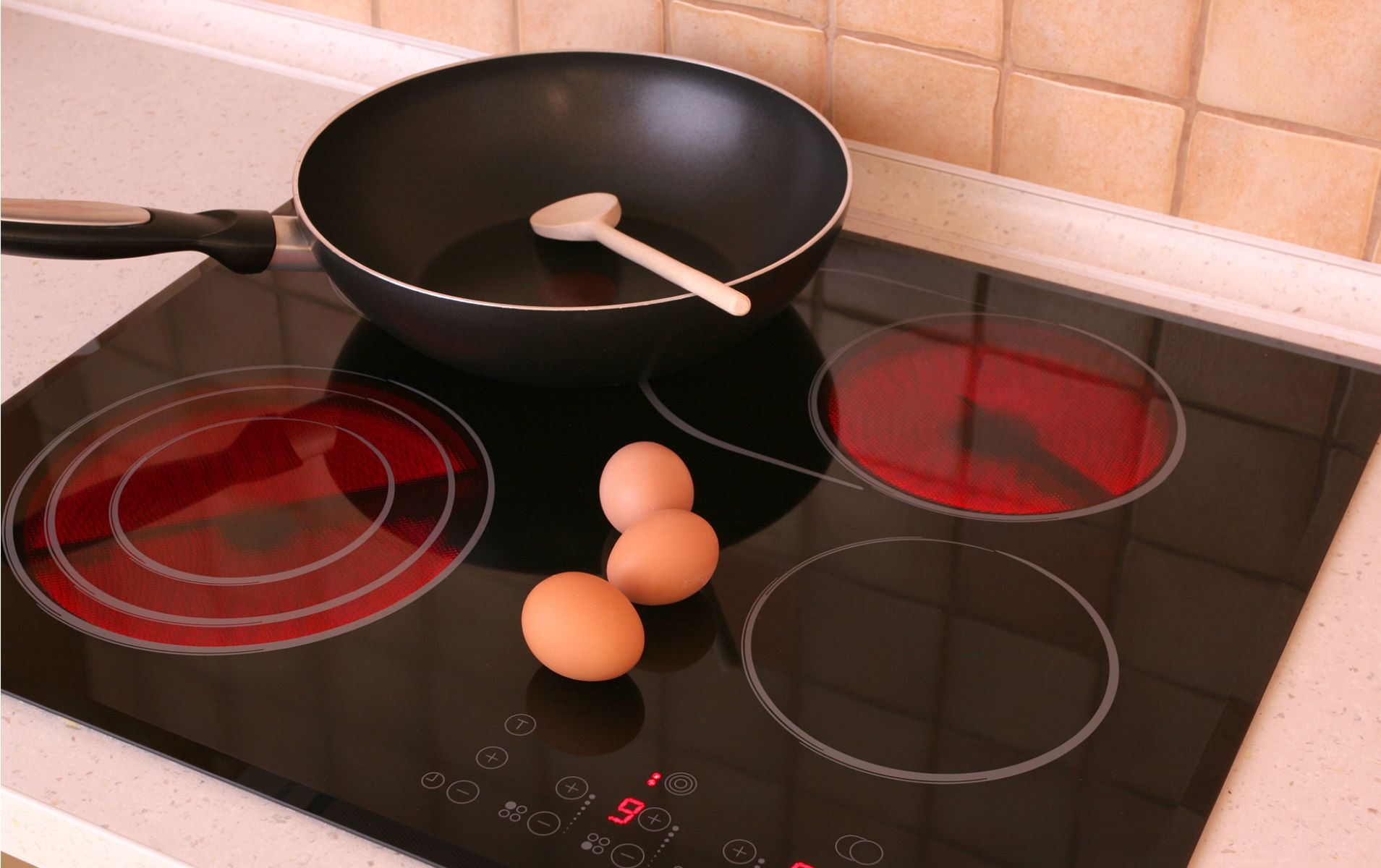
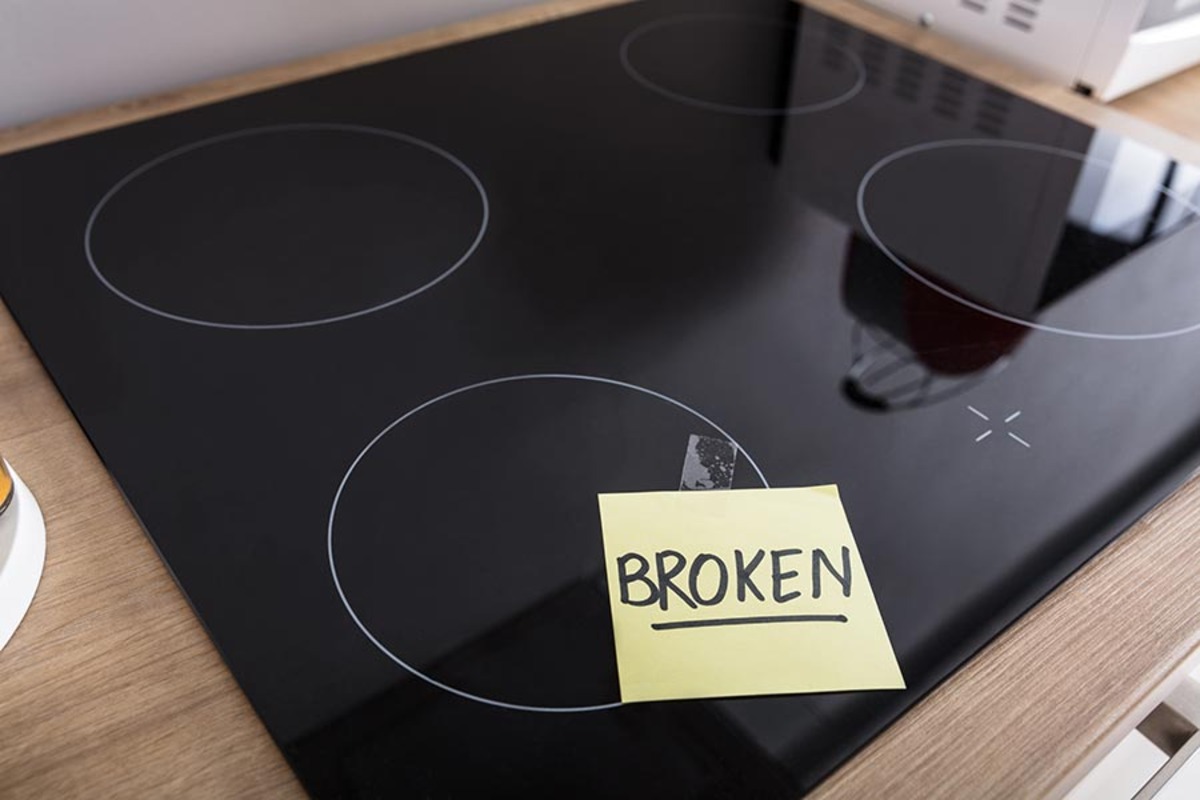
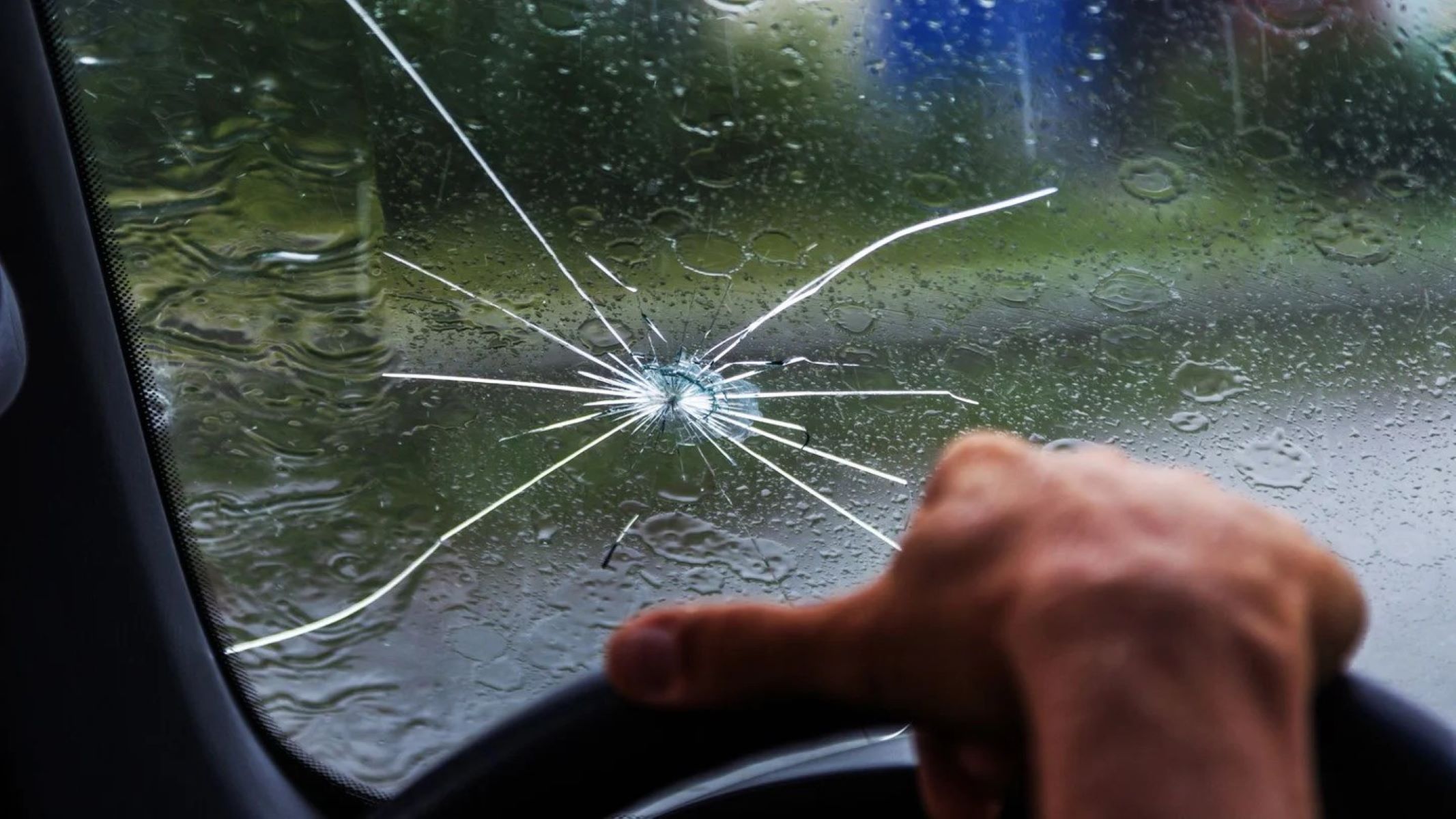

0 thoughts on “What Causes Glass Cooktop To Crack”